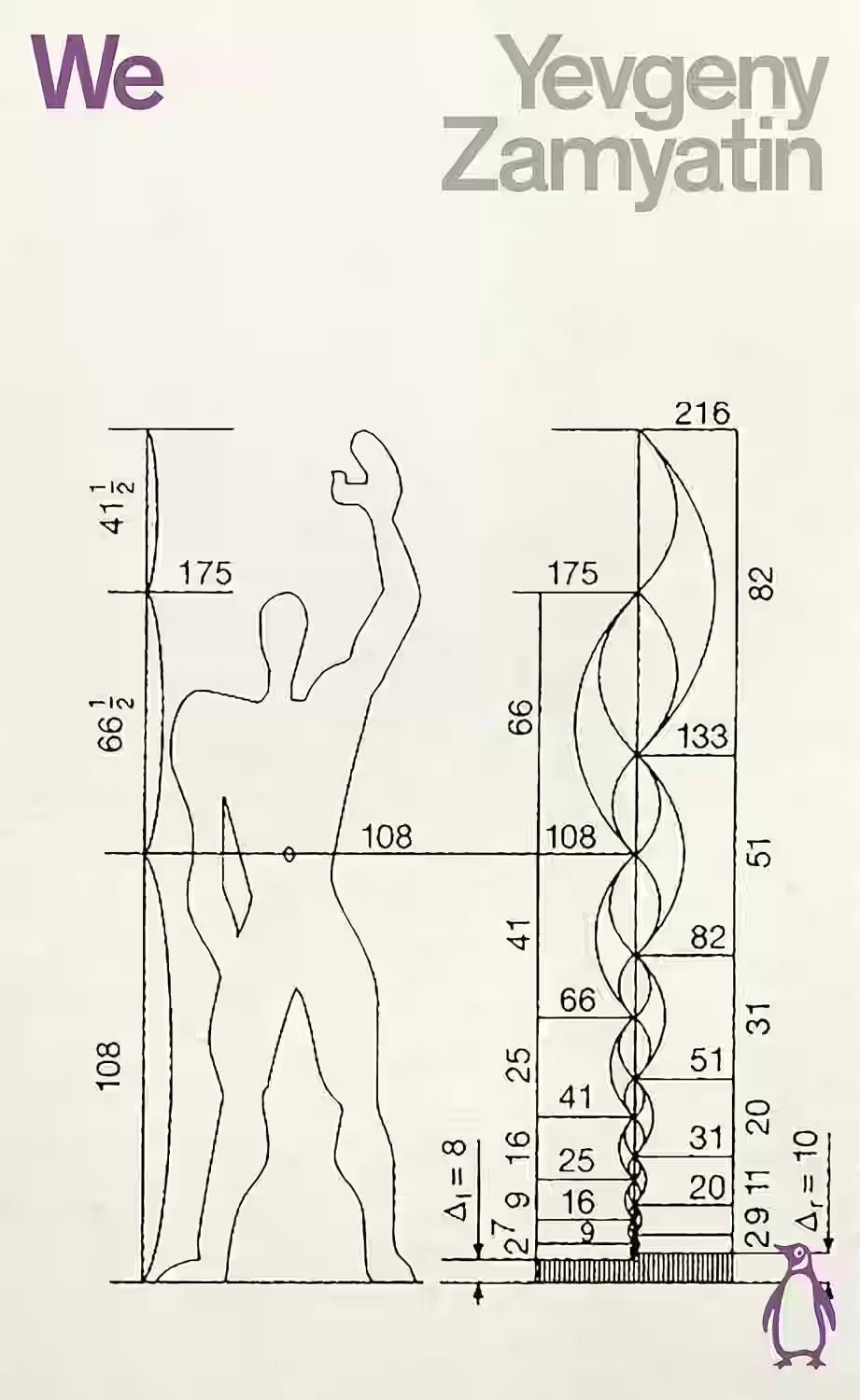Yevgeny Zamyatin
Yevgeny Zamyatin (1884-1937) was a pioneering Russian author and political thinker, best known for his dystopian novel, "We," which is often hailed as a precursor to George Orwell’s "1984" and Aldous Huxley’s "Brave New World." Born in Lebedyan, Russia, Zamyatin initially trained as a naval engineer before turning his attention to literature. His experiences during the Russian Revolution profoundly influenced his writing, as he became a vocal critic of totalitarianism. "We," written in 1920, was groundbreaking for its vivid depiction of a future police state, exploring themes of individuality versus collectivism and the perils of state control. The novel was banned in the Soviet Union but became influential worldwide, sparking debates about freedom and surveillance. Besides "We," Zamyatin wrote numerous short stories and plays, showcasing his sharp wit and keen observation of human nature. Despite being ostracized in his homeland, his literary contributions have cemented his status as a cornerstone of dystopian literature, leaving an enduring legacy that resonates through modern science fiction.

Yevgeny Zamyatin's "We" is a seminal piece of dystopian literature that prefigures many themes explored by later classic works like Orwell's "1984" and Huxley's "Brave New World." Set in the highly regimented One State, a society where individuals are mere cogs in a larger machine and personal freedom is subjugated to an absolute and oppressive ideology, the novel explores the nature of individuality and freedom through the protagonist, D-503, a mathematician who begins to question the infallibility of the state after falling in love with a mysterious woman. Zamyatin's work is notable not just for its powerful narrative and rich characterizations, but also for its incisive critique of authoritarianism and its enduring philosophical questions about the human condition, making it a profound and timeless read.